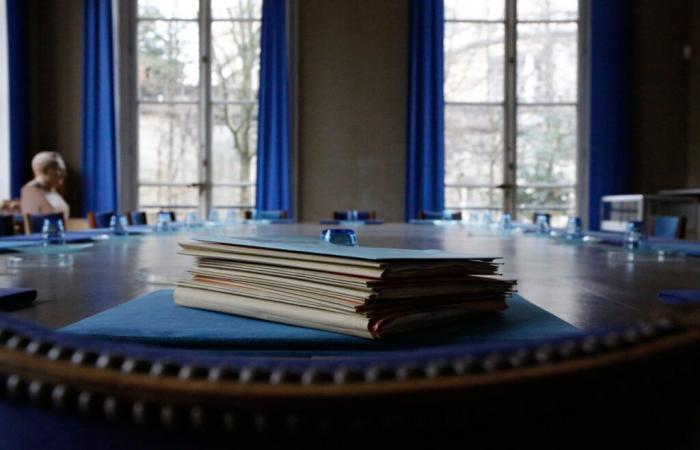Do readers know that, from second-hand books, the authors receive nothing? NOTHING. In four letters. Copyrights have disappeared. It is wisely said that there is “exhaustion of rights” because the opportunity arises from the resale of a new book which has already generated rights. Let's move on from the fact that a work of the mind, your creation, can continue to generate profits for resellers even though it no longer produces profits for you, the creator. This is a legal debate which goes beyond the scope of my reflection. Let us instead observe the recent evolution of a market in full expansion and metamorphosis.
It is alarming. A study published in 2024 by the Ministry of Culture showed that in 2022 one book in five was purchased second-hand, and that the turnover of second-hand book resellers amounted to 350 million euros ( 10% of new book turnover) and that it is experiencing exponential growth (+49% in five years). This market has also been profoundly recomposed: it is now concentrated around powerful platforms, general or specialized (Amazon, Momox, Rakuten-Price minister, Ebay), to the detriment of resale between individuals and the network of second-hand booksellers, which is in danger of disappearing.
These platforms, remember, do not participate in the creative economy. But clearly they are benefiting from it, and more and more. Moreover, on most of them, the book is only a loss leader: for example, we offer you a second-hand book for 1 euro by charging you for a service (book + delivery costs) at 4 or 5 euros. The profit margin is therefore mainly made on the re-invoicing of home delivery services or collection points, the prices of which are previously negotiated “in bulk” at the lowest rate with specialized companies.
Bringing in businesses that thrive on a book economy that they are weakening
Furthermore, in the book chain, there is no media chronology. When a new book appears, a few weeks or even a few days later, it is available at ridiculous prices on resale platforms. Given that these offer new and used books on the same page, accompanying the latter with the words “Like new”, we can imagine that the choice of buyers spontaneously goes towards the “cheapest”.
In the general context of precariousness of authors and over-publication fueled by large publishing groups whose economic model is based on the intensive circulation of flows of new publications, recent developments in the second-hand market are sending authors back to beyond the exhaustion of their rights, to their exhaustion quite simply, faced as they are with increasingly harsh remuneration conditions. The idea of bringing in businesses that thrive on a book economy that they are weakening seems essential today. This is the meaning of the amendment which has just been tabled by the deputies Violette Spillebout, Aurore Bergé and nine other of their parliamentary colleagues during the examination of the finance bill for 2025.
The carbon footprint of large platforms is much worse than that of new books in bookstores
Two arguments are sometimes opposed to this proposition. The first (populist) is to say that “taxing” opportunity will penalize those with low incomes, particularly the youngest. However, the 2024 study shows that three-quarters of second-hand book buyers are between 35 and 65 years old and that, among them, high income earners (“CSP+”) are over-represented. The second (ecological) argument puts forward the fact that second-hand resale, supposedly virtuous, would allow the book to live longer, avoid the pestle and waste of paper. This is to be blind to the real functioning of the distribution circuits of the major second-hand operators and their impact in terms of sustainable development: second-hand books are sent to sorting platforms, which reship them to the unit to their customers' homes, thus multiplying road transport and packaging operations. How can we not assume that the carbon footprint of these large platforms is therefore much more degraded than that of the distribution network for new books in bookstores?
By using one or other of these pseudo-arguments as a pretext, we can choose to do nothing. For us authors, it is urgent to act, to set rules because, in this matter, it is a question of our survival as essential actors of creation and editorial diversity, which is one of the prides of our cultural model. Last spring, the Minister of Culture expressed reservations about the idea of involving those involved in the resale of second-hand books. We hope that, with the support of a majority of elected officials, we will convince them of the merits of a “contribution” from the biggest players in this market to the financing of creation, and of its redistributive virtues to compensate for the damage economic that we, book authors, suffer and risk suffering more and more violently, as well as our publishers.






